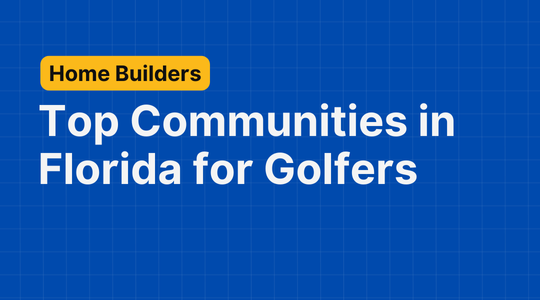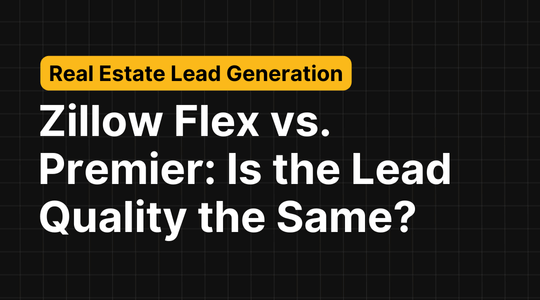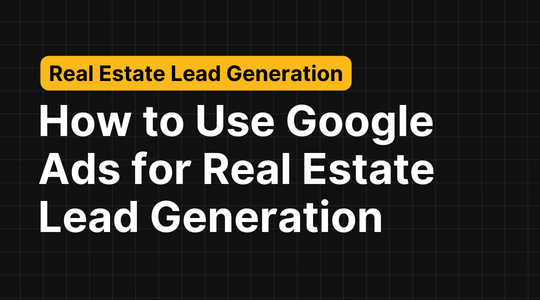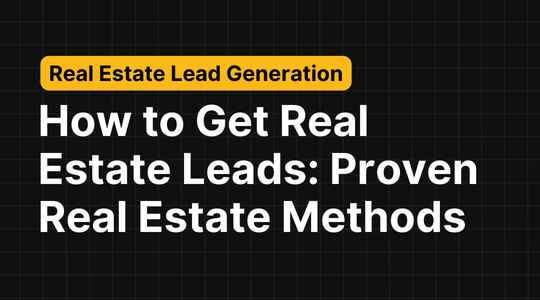It was smart to invest in Google Ads for real estate lead generation, but are some common mistakes undermining your effort?
If you suspect your Google Ads for real estate aren’t optimized, stop wasting your valuable marketing dollars!
Let’s look at five Google Ads mistakes agents often make and how to correct them. After reading this article and using these real estate lead generation tips, you can optimize your campaigns to drive more real estate leads to your pipeline and not throw away thousands of dollars every month.
What is Optimizing a Google Ads Campaign?
Optimizing Google Ads for real estate requires you to review the metrics of your ads and make changes based on the data.
The world of pay-per-click moves fast. Real estate trends emerge, markets change and client preferences will keep you on your toes. The keywords you chose in January could be too expensive or ineffective by March.
The reason to optimize your Google Ads is to improve performance against a shifting landscape and volatile industry. Optimal performance is having the lowest cost per lead possible and generating more real estate leads than before.
5 Common Google Ads Mistakes by Real Estate Agents
-
Improperly Using Negative Keywords
When setting up your Google Ads campaigns, you include keywords you don’t want an ad to appear for in a search. These are negative keywords and they are important.
Let’s say you’re a real estate agent in Sarasota, Florida. You want to appear for “homes for sale sarasota”. Your ads might be getting clicks but when you review your metrics, you find that you’re appearing for keywords like “homes for sale by owner sarasota” or “mobile homes for sale sarasota”.
Too many real estate agents don't create a thorough negative keyword list. Negative keyword lists for Google Ads for real estate agents should include “mobile homes”, “FSBO” and “for sale by owner”. You also want to include anything research or job-related. For example, “jobs” and “salary” can be negative keywords to prevent your ads from appearing in searches for people looking to get into a real estate career.
Proactively add a comprehensive negative keyword list to your Google Ads before your campaign begins to avoid unwanted impressions. Then, regularly update your list based on your campaign metrics.
-
Not Using Google Ads Assets
Google Ads offers a collection of optional assets, sometimes called extensions, to enhance your text ads.
Here are some to include in your ads right away:
- Sitelinks: You can add links to a web page, like a FAQ or pricing list, that isn’t the landing page linked in your ad headline. This might feel counterintuitive but most users will still click on the headline. Other sitelinks give users an idea of the information on your website and it comes across as professional.
- Callouts: This one is awesome as it lets you highlight a part of your ad like a benefit or award. If you include a line that makes your real estate business unique, you should use the callout asset to make it more noticeable.
- Call: Add a business phone number to your Google Ad that only appears during business hours. This asset is clickable on mobile but not on desktop.
- Location: This is useful for most real estate agents as it’s intended for local businesses. Connect your Google Business Profile to your Google Ads and users will see your business information like address and hours of operation. A click on this asset opens your Google Maps listing. Also, this asset will make your location appear as an ad on Google Maps.
Watch Eric show you how your Google My Business Profile can rank #1 on Google.
-
You Forgot About Advanced Location Settings
You don’t want your Google Ad to appear for anyone in your state or country. You want to generate real estate leads by targeting people in locations where they are likely to be interested in your services.
Advanced location settings in Google Ads let you tailor a campaign to target specific geographic areas. This way you can connect with the most geo-relevant audience possible.
Follow these steps to use this asset to its best capabilities:
- Click on “Location Options”
- Select “Presence: People in or regularly in your targeted locations
Selecting the other option could result in your ad appearing for people researching your target location for a road trip or school project.
-
A Bad Landing Page
Clicking on a Google Ad should take a user to a landing page. A landing page is a standalone webpage designed to compel a user to do a specific action. These actions may include booking a call or subscribing to a newsletter.
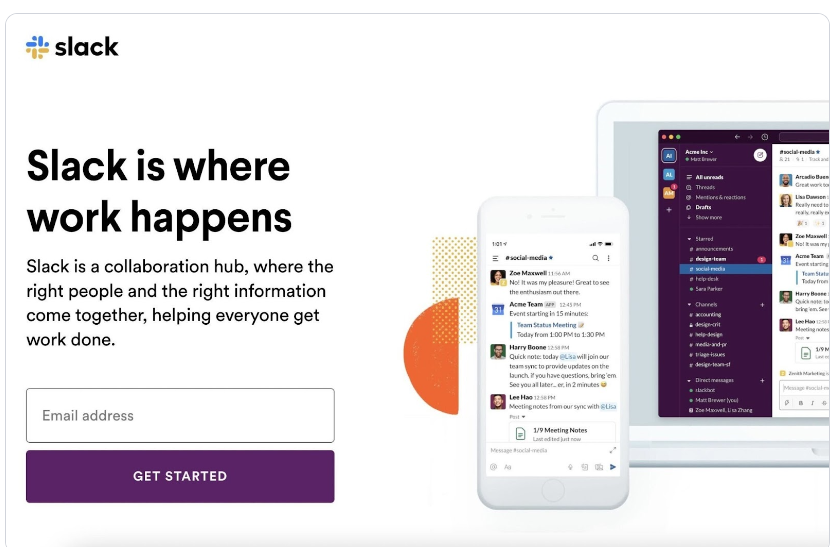
Real estate landing pages are lead capture pages designed to convert a user into a lead, and a bad one will have trouble generating any real estate leads.
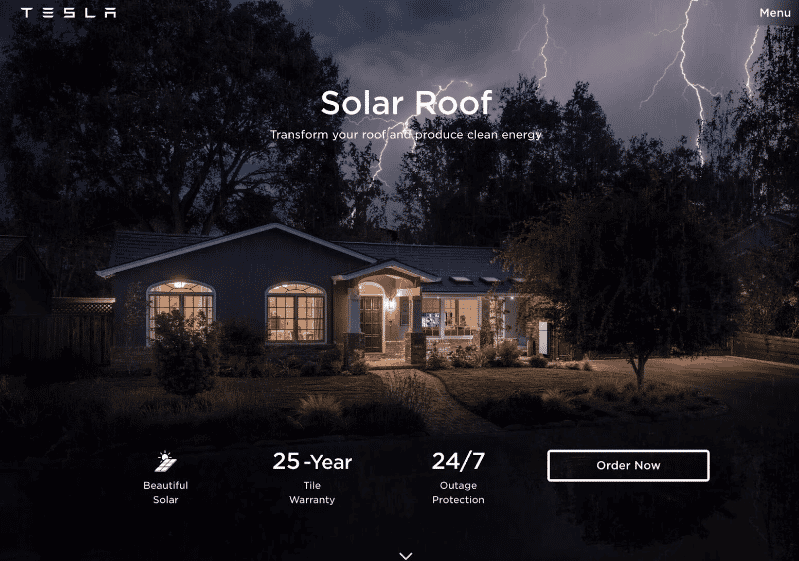
Here are some landing page best practices that every real estate agent should follow:
- Landing pages do not require a top navigation menu
- Keep landing pages simple in design, user experience and copy.
- All copy must be concise, clear and consistent. Keep the copy to a few sentences long per section or heading. A little extra detail is okay if it’s relevant and sales-focused.
- Use an eye-catching image in the hero banner
- You will need an engaging and memorable heading and can also include a subheading.
- Add one clear, visible and strong call to action
Lead capture landing pages can also have a form where visitors can submit their information (name, email, address, phone number and reason for contacting).
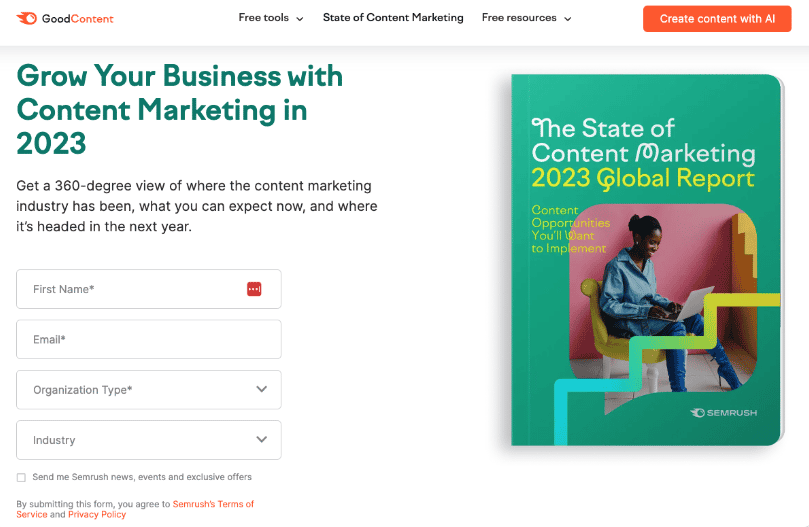
Don’t add too many fields to your forms. The more you ask for, the less likely users will fill it out. Stick to only the information you need to follow up with a lead.
TIPS FOR TOP REAL ESTATE AGENTS: It’s okay to only ask for a name and email address in a lead capture form. You can capture their other information during your initial outreach via email or phone.
-
Not Considering Search Intent for Keyword
Strong keyword research is more than selecting the popular and obvious keywords. Don’t ignore search intent when choosing keywords for your Google Ads.
What is Search Intent?
Search intent is the reason that the user is performing a Google search.
What are the different types of search intent for Google?
The four types of search intents are:
- Informational: For those who want information
- Commercial: For those looking to research a product, service or brand
- Navigational: For those looking for a specific website or web page
- Transactional: For those wanting to complete a transaction
Look for keywords with commercial intent. Most potential leads are researching real estate agents in a certain market and that’s who you want to add to your pipeline. These leads will require more nurturing but real estate lead conversion is a marathon, not a sprint.
Luckily, platforms like Semrush provide the intent for each keyword if applicable.

Avoid keywords with informative intent as this might attract tire kickers or people looking to start a real estate career.
FAQ
What does it mean to optimize your Google Ads?
Optimizing your Google Ads means using the available ad and campaign data to make changes to improve their performance. Optimized Google Ads generate the most real estate leads.
How many types of search intent are there?
There are four primary types of search intent: commercial, informational, navigational and transactional. Keyword phrasing often indicates a user’s search intent.
What Google Ads assets should real estate agents use?
Real estate agents should use sitelinks, callouts, call and location assets in their ads at the very least.

















